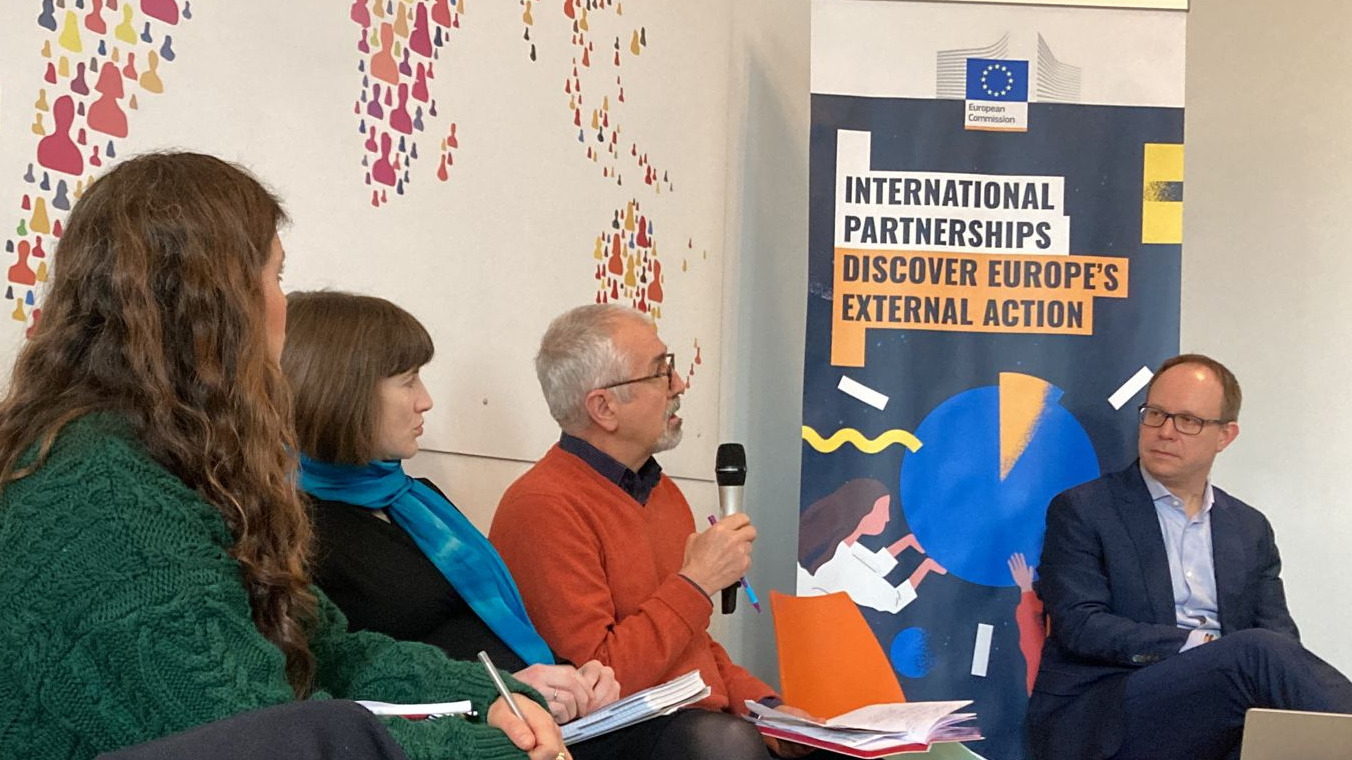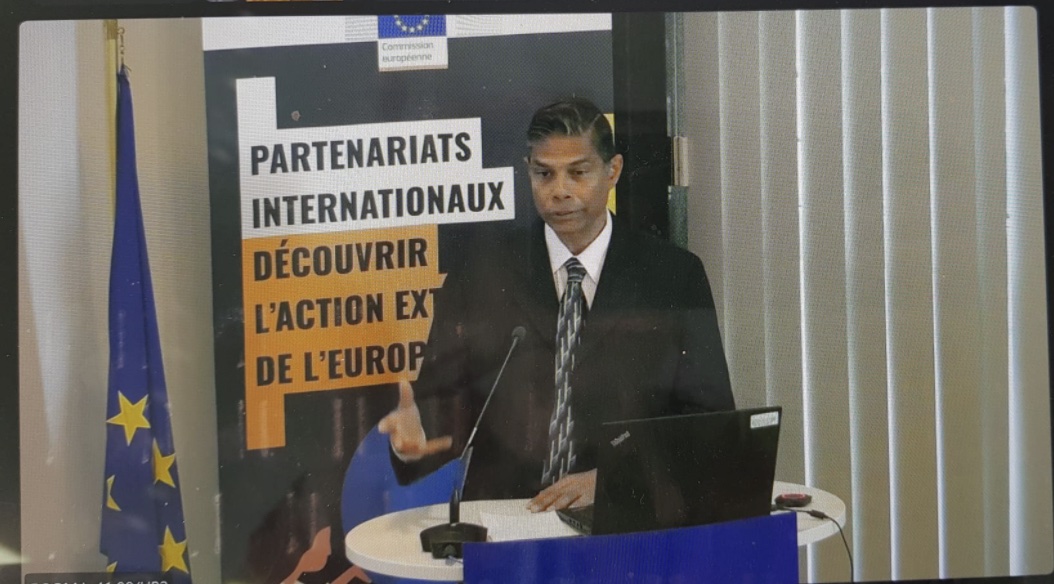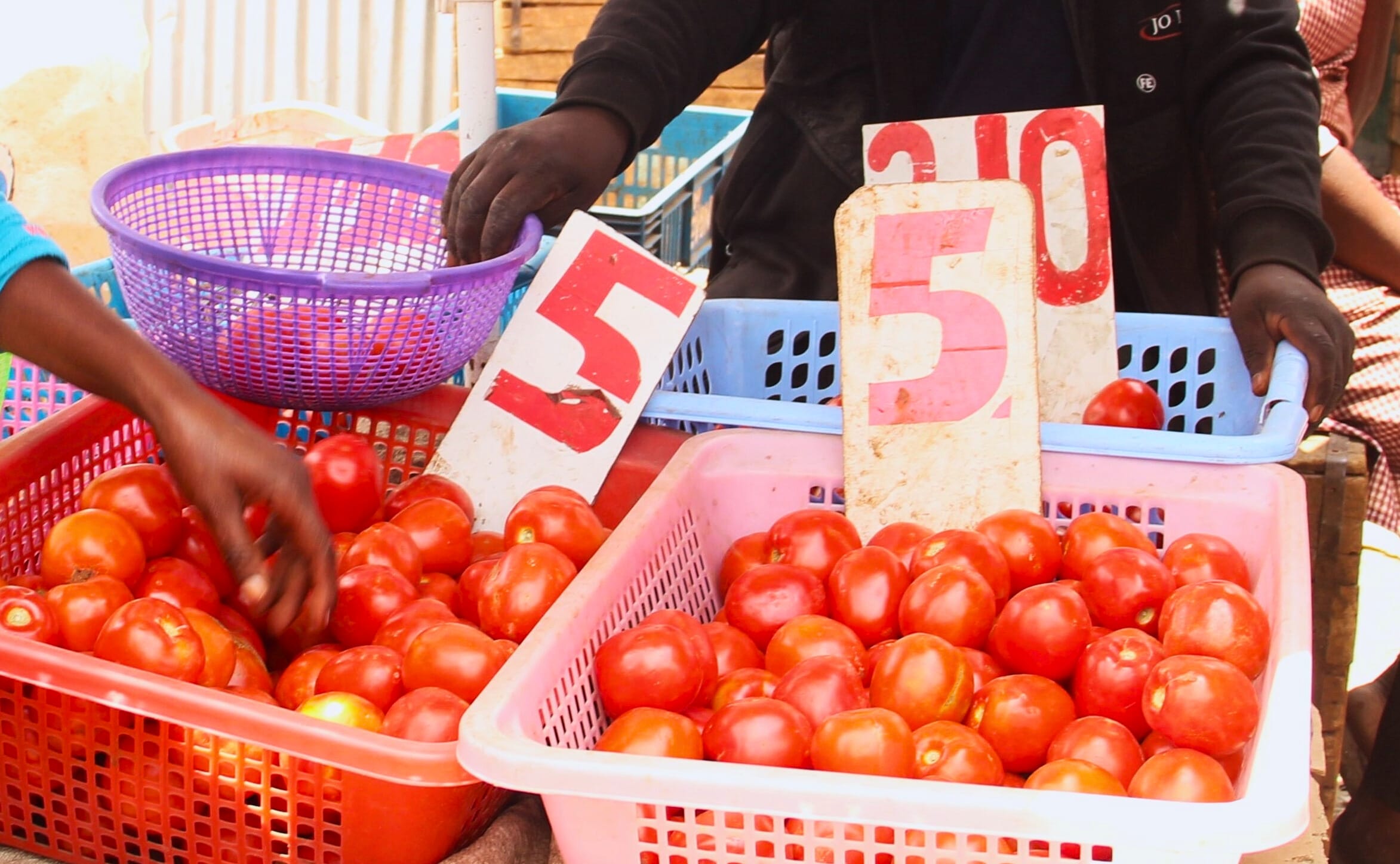Digitalizing Development – not digitizing the status quo!
Leveraging the potential of digital tools to build inclusive and sustainable agrifood systems
by David Betge | 2023-03-01

Digital innovations are touted as solutions to challenges of development in a wide range of areas, including agriculture, land governance, public administration, education, health and the environment. The use of digital technologies is expected to enhance efficiency of governance, production, and trade, resulting in better public services as well as higher incomes for farmers and more sustainable farming practices.
Yet, such discussions often fail to address the structural constraints and governance failures that lock out the most vulnerable groups from tapping the benefits of digitalization. There is growing consensus that despite their potential, digital tools can exacerbate knowledge and power asymmetries.
Crucial questions need to be asked about: digitalization and inclusive development; digitalization and its impacts; and digitalization and governance. Among such questions are:
How can we apply the power of digitalization to tackle inequality and entrenched development challenges?
How can digitalization and a transformation to more sustainable food systems – such as agroecology - work together?
What are the social impacts of the array of digital tools in the agricultural sector?
How can human rights safeguards and accountability mechanisms be incorporated in data governance models?
TMG Research gGmbH together with the Institute for European Environmental Policy (IEEP) facilitated a recent session at the European Directorate General for International Partnerships (DG INTPA) in Brussels to discuss these questions. Practical perspectives on designing inclusive digital tools were presented by our partners Kenya Land Alliance, Rainforest Foundation UK (RFUK), and WOTR Centre for Resilience Studies, with DG INTPA and the European Centre for Development Policy Management (ECDPM) highlighting some policy implications for international partnerships.

While it was made clear that locally owned and co-developed systems and tools are the only way to ensure digitalization benefits local communities, the European Commission perspective also underlined that massive investments in infrastructure and digital governance are needed to reap the benefits of digitalization on a larger scale.

Faith Alubbe, CEO of Kenya Land Alliance presented Haki Ardhi - The Rights Reporting Tool which enables women to report rights infringements and receive support. Faith stressed that a digital tool provides an opportunity that can enable indigent women to voice their needs and the challenges they face in their own language but, as Ana Osuna Orozco of RFUK added, the development of digital tools always comes with risks especially in contexts where rights are already challenged, as RFUK´s experience of forest monitoring shows.

Crispino Lobo of WOTR shared his experience with developing the FarmPrecise App to provide customized advice to farmers in India. He highlighted the intensive co-design process that aimed to ensure strong local ownership and adaptability of the app to the true needs of farmers. Guy Faure of DG INTPA acknowledged that the Commission is very aware of the challenges of making better use of digital applications. He also shared Crispino´s diagnosis that many existing tools are not really aimed at strengthening the capacities of farmers and communities to better manage their farms and environment but are often too technically focused, ignoring the necessary enabling environment. However, there is an increasing focus to build digitalization strategies across different partners, resorts, and themes to ensure they consider the potential pitfalls and existing opportunities. Many speakers agreed on the need to adopt participatory approaches to digitalization that work across different levels of governance as siloed or top-down attempts at digitalization will in effect “digitize the status-quo” to the detriment of local communities.
TMG´s most recent work on digitalization, the Haki Ardhi Rights Reporting Tool, has gone through several iterations of design in collaboration with three local and one national-level partner. The first phase of implementation will start after a final technical training for local partners to take place in late March 2023.
Related story by RFUK on the Haki Ardhi reporting tool
 Land GovernanceDec 18, 2025
Land GovernanceDec 18, 2025Land tenure, women’s land rights, and resilience: Reflections from CRIC23 toward UNCCD COP17
Our experts discuss what the exchanges at CRIC23 highlighted and revealed about the role of secure and gender-equitable land tenure in the UNCCD's work ahead of the 2026 triple COP year.
Frederike Klümper, Washe Kazungu
 Urban Food FuturesDec 09, 2025
Urban Food FuturesDec 09, 2025The story of Mukuru's Urban Nutrition Hub
In Mukuru informal settlement, a safe haven for women has grown into the Urban Nutrition Hub, a multi-purpose space for nutrition education, training, and community development, demonstrating the potential of grassroots community-owned innovation..
Serah Kiragu-Wissler
 Urban Food FuturesSep 29, 2025
Urban Food FuturesSep 29, 2025Cheaper food, higher costs: The paradox of Nairobi’s food systems
What are the hidden costs of foods sold in Nairobi's informal markets, and who must bear them? We discuss how the city could build food systems that are both affordable and fair—for consumers and the people who feed them.
Christian Sonntag, Emmanuel Atamba, Lumi Youm

